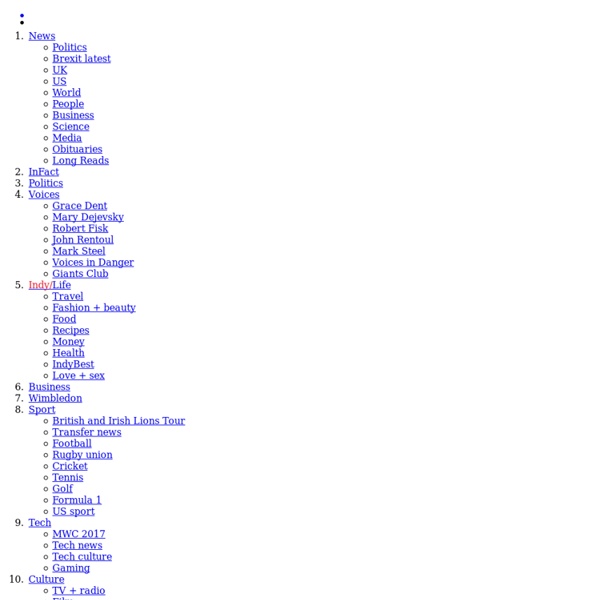8 Things to Look For in Today’s Classroom
As I think that leaders should be able to describe what they are looking for in schools I have thought of eight things that I really want to see in today’s classroom. I really believe that classrooms need to be learner focused. This is not simply that students are creating but that they are also having opportunities to follow their interests and explore passions.1 The teacher should embody learning as well.
Pearson Prentice Hall: eTeach: Strategies for Improving Reading Comprehension
by Patricia Babbitt Introduction Most Effective Strategies Practical Applications of Reading Strategies Summary Resources Remember the adventures that lived and breathed between the pages of a really good book when, as a young reader, you slipped away undiscovered into your own magical world? My favorite works were Charlotte's Web, Arabian Nights, Huckleberry Finn, Arthurian Legends, and, later, the timeless tragedy of William Shakespeare's Hamlet. It is no surprise that many of us who loved such adventures grew up to become today's English teachers and writers.
Study Skills Guide: Improve Reading Comprehension Skills
Good reading comprehension comes only with practice. The basic aspects of reading, such as word recognition, phonetics and fluence, can be mastered in just a few years. However, throughout this process reading comprehension must be emphasized. Students may be able to eloquently repeat the words that the see on a page all day, but without reading comprehension skills, they're unable to fully understand the content, predict what will happen next, recognize characters, gain insight or understanding to build upon, or relate what they're reading to their own life's experience. Sadly, classrooms across the United States have students who struggle with reading comprehension. They may be able to phonetically decipher words and sound them out, but that's the exent of their ability to read.
Why Your Students Don't Remember What You Teach -
Why Your Students Don’t Remember What You Teach: The Overwhelming Power Of ‘Place’ In Learning by Terry Heick A decent question: Why don’t your students remember what you’ve taught? A better question: Why don’t they understand what you’ve taught? A better question still: Why don’t students understand and use what they’ve been taught to create a better world? The answer may have something to do with a kind of cultural schema.
3 Big Don’ts When Converting Instructor-Led Training to eLearning
With benefits like automation, consistent messaging, wider reach, and the ability to provide 24/7 learning, eLearning is an option that more and more companies have started to embrace. But now what do you do with those PowerPoint slides that you created ages ago and had been delivering to your employees since then? If that training program is effective, don’t ditch it.
16 skills students need to learn today to thrive tomorrow
The gap between the skills people learn and the skills people need is becoming more obvious, as traditional learning falls short of equipping students with the knowledge they need to thrive, according to the World Economic Forum report New Vision for Education: Fostering Social and Emotional Learning Through Technology. Today's job candidates must be able to collaborate, communicate and solve problems – skills developed mainly through social and emotional learning (SEL). Combined with traditional skills, this social and emotional proficiency will equip students to succeed in the evolving digital economy.
How Teachers Can Become Fluent in Classroom Technology
During one of our last leadership team meetings this past school year, we reflected on our use of digital portfolios to house student work. We had a lot to celebrate: We had found a digital tool to capture student learning, Evernote, a cloud-based note-taking app. No one felt much pressure to be the best at using technology.
A Quick Guide To Questioning In The Classroom
A Guide to Questioning in the Classroom by TeachThought Staff This post was promoted by Noet Scholarly Tools who are offering TeachThought readers 20% off their entire order at Noet.com with coupon code TEACHTHOUGHT (enter the coupon code after you’ve signed in)!
5 Ways to Help Your Students Become Better Questioners
The humble question is an indispensable tool: the spade that helps us dig for truth, or the flashlight that illuminates surrounding darkness. Questioning helps us learn, explore the unknown, and adapt to change. That makes it a most precious “app” today, in a world where everything is changing and so much is unknown.



